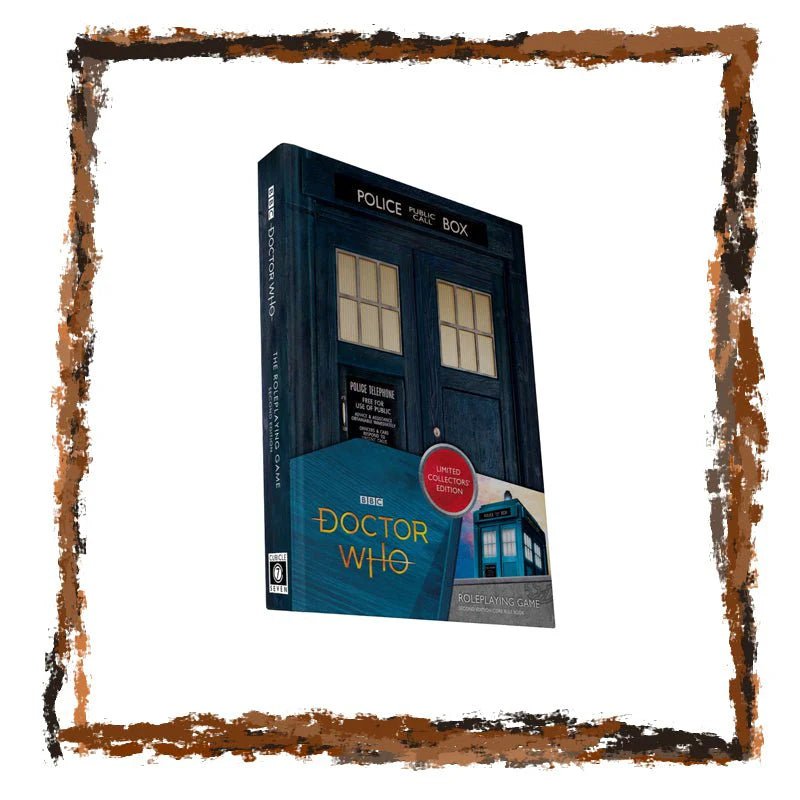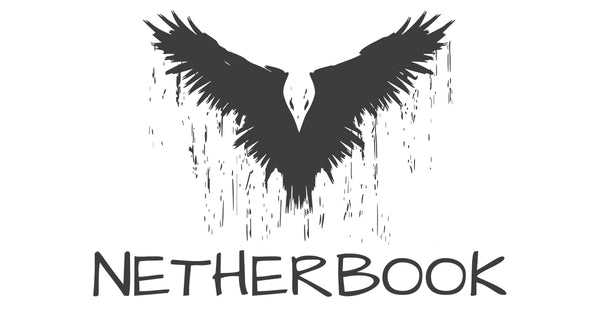
Doctor Who RPG Second Edition Collector’s Edition – Review
The lights are low, the kettle whistles, and the table hums with that particular energy that only a new campaign brings. You crack the Collector’s Edition and it feels like stepping through the TARDIS doors: bigger on the inside, pages gleaming with a premium finish that whispers keep me forever and also, please actually play me. The book doesn’t just explain how to roleplay Doctor Who. It invites you to stage an episode right now: a glimpse of a shadow on a Victorian street, a glyph pulsing in a moonbase corridor, a phone ringing at an impossible hour.
Mechanically, the Second Edition is the show’s ethos in rules form: talk first, think sideways, run when you must, and never underestimate hope. Skill-based tests keep scenes moving while Story Points encourage the exact sort of brilliant nonsense the Doctor would applaud. You don’t win by blasting harder, you win by reframing the problem, making an ally of a would-be enemy, or rerouting power with a paperclip and a speech that hits exactly when the music swells.
At the table, it flows like television. Cold open. Title sting. Complications stack, clues interlock, and the reveal lands with a satisfying click. The system’s guidance helps GMs stitch times and places together without paradox-headaches, turning time travel into a feature, not a bookkeeping chore. Chases are punchy, social scenes have teeth, and combat rarely overstays its welcome. When it happens, it’s there to raise the stakes, not replace them.
The Collector’s Edition earns its name. The binding, foil, and overall presentation feel archival, but the layout reads fast. Sidebars act like a veteran showrunner in your ear: pace the mystery, spotlight companions, spend Story Points to make the world feel alive. It is gift-worthy for fans and workhorse-ready for weekly play.
Imagine a session: your team tracks a scrambled signal to a seaside town where every photograph has a stranger standing just out of focus. A local archivist remembers you from a meeting you haven’t had yet. A child draws the villain’s symbol in chalk, then insists it’s a game. You spend Story Points to connect disparate threads, flip a failure into a twist, and turn an impending invasion into a choice. Do you save the town now, or the world tomorrow? The system makes those decisions feel earned rather than forced.
What’s improved lands where it counts. Character creation is cleaner, companion roles are clearer, and adversaries feel modern without losing that classic, uncanny charm. The GM tools are practical: framing scenes, tracking rising tension, and keeping mysteries solvable without handing out answers. It’s kinder to newcomers too, letting families and mixed-experience groups jump straight into play with minimal preamble.
Who will love it? Players who relish social problem solving, heartfelt speeches, and clever reversals. GMs who want strong scaffolding rather than brick-by-brick crunch. Fans will spot the winks and nods. Newcomers will discover why the show’s blend of optimism and danger endures.
There are tradeoffs. If your table craves grid-heavy tactics, this will feel light. If you prefer grim power fantasies, the emphasis on empathy may read soft. But for story-first groups, it’s a time machine with the handbrake off.
Bottom line: the Second Edition Collector’s Edition captures the heart of Doctor Who; curiosity under pressure, compassion as a strategy, and the audacity to believe a good idea can change the universe. It’s beautiful on a shelf and better in play.
Pros
- Cinematic pacing with quick, story-first resolution
- Story Points that reward clever, characterful choices
- Practical GM guidance for mysteries, chases, and paradox-light time travel
- Premium Collector’s Edition production that still invites regular use
Cons
- Light on tactical crunch for combat-focused groups
- Collector’s Edition price is higher for the premium finish
Tips for GMs
- Start with a striking image and a clear, human stake
- Use clocks or trackers to escalate tension instead of bigger fights
- Seed callbacks across time—let Story Points bridge cause and effect
- Give companions mechanical spotlights so everyone gets a hero moment
